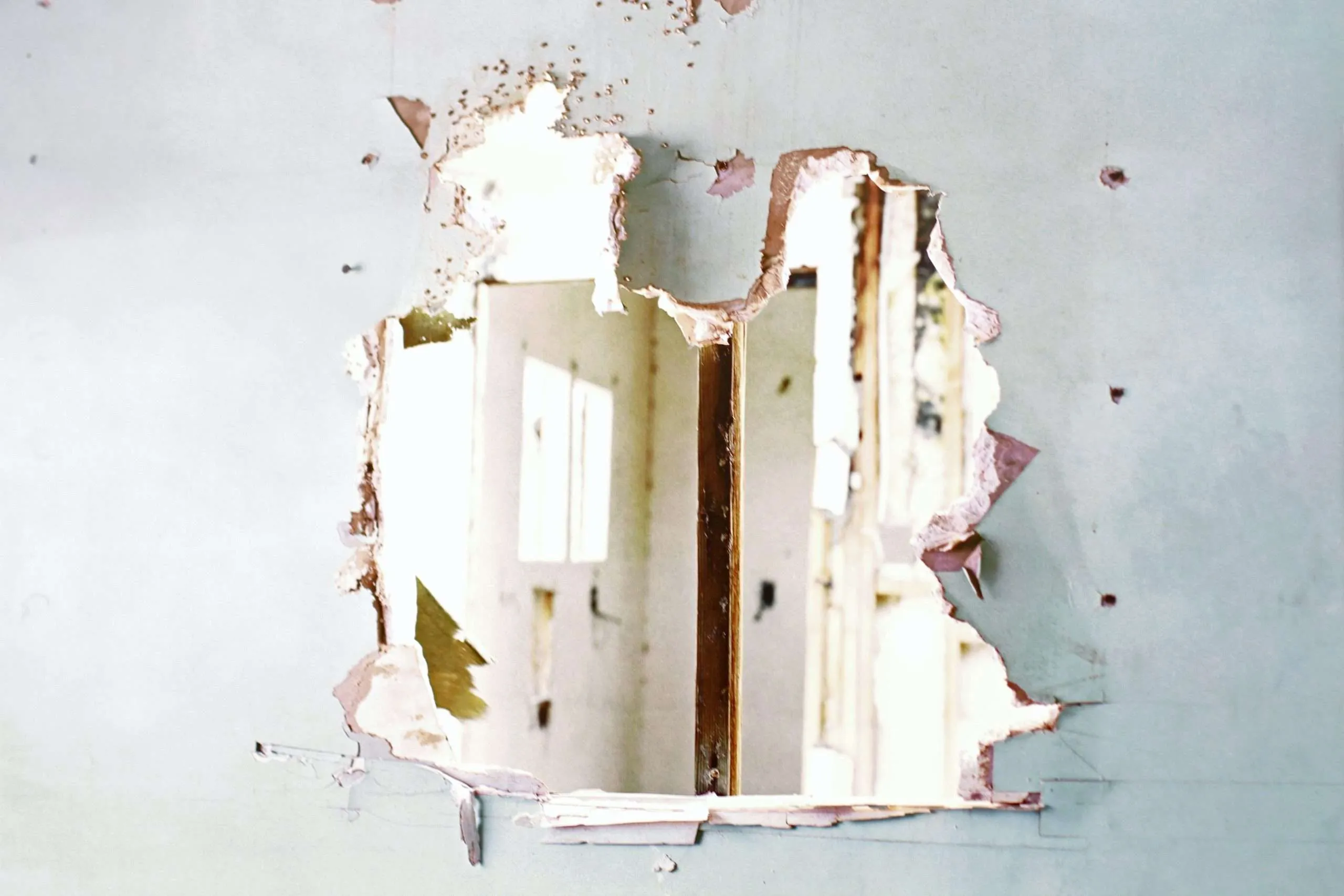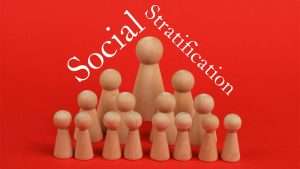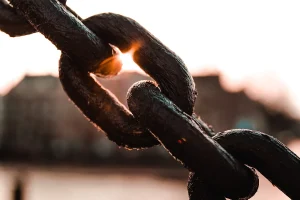Sociology deals with many things that are relevant to our societies; it deals with our social interactions, race, religion, sex, gender, crime, family, human relations and other numerous social activities. It’s an exciting and illuminating field of study that explains important matters in our personal lives. As thus, it gives us a wide knowledge and understanding of our different behaviours in societies. So what does sociology have to say about broken homes and deviant behavior.
Sociology and Broken Homes
Students of sociology who have been well trained in the field know how to think critically, conduct sociological research, and later come up with different perspectives on the subjects that are relevant to our society. Thus, tons of sociologists have contributed diverse research studies and perspectives on the relevance of broken home or broken society on deviant behaviors.
To understand the relevance of broken homes or society and deviant behaviour, we must look up into some sociological definitions and theories on both concepts to clearly understand them and how they affect our societies in one way or the other.
The sociological definition of deviance or deviant behavior that children show is a kind of behavior that children engaged in doing which violates the ‘norms’ of behavior in society. Many sociological theories explain the causes of deviant behavior in society and their unwholesome effects on the members of a particular society.
Oxford Bibliographies defines norms as a set of rules or expectations that are socially enforced. They may be prescriptive (encouraging positive behavior; for example, “be honest”) or proscriptive (discouraging negative behavior; for example, “do not cheat”). From this definition, we can fizzle out that any kind of behavior that violates the norms of behavior in a society is not acceptable. And this behavior is known as delinquent or deviant behavior. One that is found engaged in doing such deviant behaviors, such as cheating, stealing, raping, cursing or other behaviors as aforementioned is labeled deviant.
If we carefully look and understand the sociological definition of broken home or family we will get to know that there’s a direct connection between deviant behavior and what has been called a broken home, broken family, or broken society and deviant behavior in a society.
What are broken homes or broken families?
We need to firstly define family as whole; what is family? In the quest for defining family, numerous sociologists define family using different perspectives, because families are the backbones and the basic social units upon which a given successful society is built.
Functionalist sociologists traditionally used narrow definitions of family, that a family had to consist a father and a mother in a committed sexual relationship leaving together with their children. Defined by a Functionalist sociologist George Peter Murdoch in 1949, a family is a social group characterized by common residence, economic cooperation and reproduction. It includes adults of both sexes, at least two of whom maintain a socially approved sexual relationship, and one or more children, biological or adopted, of the sexually cohabiting adults.
Contemporary sociologists criticize that narrative. They believe that family is more than the coming together of Father, Mother and their children. Because the above definition doesn’t include same-sex families, contemporary sociologists have expanded it. And in some countries like United States, same-sex marriage is legitimized, and since it’s legitimized, same-sex partners can form a family. In some other countries, especially in the African continent, same-sex marriage is not legalized by the government and public humiliation and punishment await anyone who is found guilty of practicing it.
Defining Broken Homes in Society
From the above definitions of family by old and postmodern sociologists, a family can best be define as a group consisting of two parents and their children. The word “parents” can represents the both heterosexual and the same-sex couples.
“Broken home or family” is used to describe a family where one or both parents are absent. This kind of family is expected to have adverse effects on the child because of lack of proper role models, failure to control the child and insufficient parental love.
A contemporary English Dictionary, Longman, defines broken society as a society that has social or financial problems. From this solely simple and understandable definition of broken society by Longman, there’s a demystification of what problems a broken society can impose on society, ranging from social, behavioral, or financial problems.
A broken home has numerous characteristics that contribute aggressively in promoting deviant behaviors amongst children. Linda Jacob, in her article “What’s the difference between a broken home and a single-parent family?”—because there is a difference—did mention some characteristics of a broken home and that they can promote deviant behavior.
Characteristics of a Broken Home
The characteristics of a broken home are:
- Reacts in anger toward the child(ren).
- Desires to teach the child a lesson, hoping to change the child’s behavior
- Gives little or no warning regarding punishment; the child doesn’t have a chance to stop the behavior
She further adds that at times these parents in the broken homes even take on a broken appearance. They tend to carry themselves slumped over with a beaten-down look. They take on the role of “victim.”
- Victim of divorce
- Victim of death
- Victim of society
Effects of Broken Homes
Broken home/family can unwholesomely affect child in different ways in his/her life, and there are a lot of incidences that cause the effects in one way or the other, ranging from single parenting; when the parents separate and leave a child in the care of a single parent. It affects a child in different ways, including emotionally, socially, and educationally.
In the 2015 article “Effects of Broken Home” written by Anneh Green and published in The International News, he says that children can be socially, educationally and emotionally affected due to the condition they may find themselves in a broken home. In the article Green writes the following:
Emotional
After a divorce, children from preschool through late adolescence can experience deficits in emotional development. Children of all ages may seem tearful or depressed, which is a state that can last for several years after a child’s parents’ have separated, explains psychologist Lori Rappaport.
Additionally, some older children may show very little emotional reaction to their parents’ divorce. According to Lori Rappaport, this may not be developmentally beneficial. Some children who show little emotional response are actually bottling up their negative feelings. This emotional suppression makes it difficult for parents, teachers and therapists to help the child process her feelings in developmentally appropriate ways.
Educational
Slowed academic development is another common way that separation of the parents affects children. The emotional stress of a divorce alone can be enough to stunt your child’s academic progress, but the lifestyle changes and instability of a broken family can contribute to poor educational outcomes. This poor academic progress can stem from a number of factors, including instability in the home environment, inadequate financial resources and inconsistent routines.
Social
Divorce affects children’s social relationships in several ways. First, some children act out their distress about their broken family by acting aggressive and by engaging in bullying behavior, both of which can negatively affect peer relationships. Other children may experience anxiety, which can make it difficult for them to seek positive social interactions and engage in developmentally beneficial activities such as teen sports.
Teens from broken families might develop a cynical attitude toward relationships and harbor feelings of mistrust, both toward their parents and potential romantic partners, explains psychologist Carl Pickhardt in the article, ‘Parental Divorce and Adolescents’ published in Psychology Today.”
Sociological Perspectives
From the sociological perspective, the relevance of broken home or society on deviant behavior can best be linked from the way and manner in when parents got divorced and end up their relationship. Now, the deviant behavior might occur to a child due to the nature of the upbringing he/she may encounter in the absence of one parent. Furthermore, a single parent may not even have time to check on the way such a child is behaving. If that happens, the child may develop an attitude of behaving contrary to the norms of society (deviant behavior).
Looking at society from a wider perspective and attributing the question to society, Albert Bandura in his “Social Bonding” theory believed that children learn how to talk and interact with their society from what they learned in their immediate environment.
As such, if the family is broken, a single parent alone can’t guide the child to the right part. The child might copy all the deviant attitudes from the immediate environment. For instance, due to the broken homes in Nigeria, many children are exhibiting the attitude of engaging in burglary, pickpocketing, smoking, and the rest due to the desertion of their parents, and some due to the divorce of the parents.
Broken home is not a factor alone that’s influencing deviant behavior amongst children, the structure of the society in which the child lives can also be a factor that influences or affects the parents and children and may lead them toward a broken home.
Concluding Thoughts on Broken Homes and Deviant Behavior
This can be understood because a society is an institution, a rotten society is liable to produce deviant individuals. For instance, slum areas often include all sorts of atrocities like drug, fraud and other crimes that are openly carried out and will definitely affect the behavior of the younger generation. They will grow up to see crime as a normal thing, arrest as a routine and violation of rules as parts of lives.
In conclusion, the nature and nurture are two deterministic factors that can either make or mar the behavior of children. The upbringing coupled with the structure of the society needs to be carefully structured to avoid conscious and unconscious transfer of what might be called deviant behaviors in human social. Lastly, I end this discussion with one important question: would broken homes exists without broken societies?







